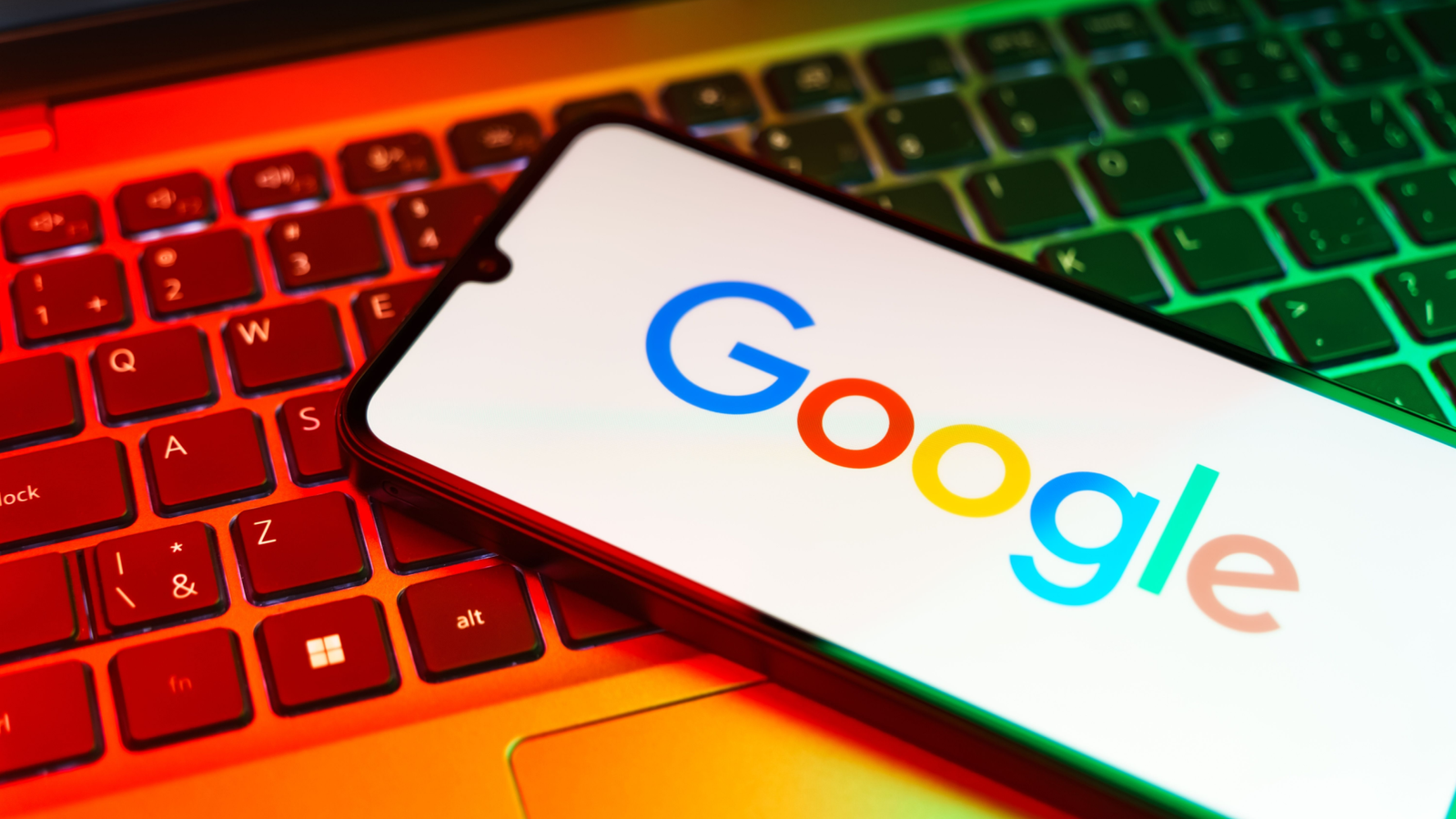Google is circulating a revamped 26-page pitch deck for AI Max, its AI-powered ad suite for search campaigns, after an earlier version left advertisers more confused than convinced.
How it works. AI Max matches ads to relevant searches (even those brands haven’t bid on), customizes copy based on user intent, and automatically directs users to brand landing pages.


Advertiser concerns. Marketers worry about brand safety, with some fearing AI could pull misleading or legally risky claims, such as skincare clinical data tied to the wrong product.
- Others have flagged accuracy gaps, noting that the tool often misinterprets sector nuances, pulling the wrong text, links, or imagery.
- Agencies also report spend leakage, with budgets intended for search flowing into display networks.
Google’s response. The updated deck highlights safeguards, including negative keyword lists, asset removals, and URL exclusions.
- Agencies briefed say Google is taking a “lightly generated” approach to copy, pulling from brand-approved sources instead of fabricating content.
- Google is also advising advertisers to avoid testing AI Max on campaigns under $50 per day.
What’s next. Google is experimenting with placing shopping and text ads beneath AI-generated answers in the U.S., and will test ads inside the first AI response starting in Q4 2025. Adoption is growing and new controls like text guidelines are on the way, Google said.
Why we care. AI Max – now in global beta across Google Ads, Ads Editor, Search Ads 360, and the API – promises smarter targeting and automated creative. But advertisers remain uneasy about how much control they’ll keep over brand messaging and budgets. Google experiments with how ads appear within AI search results could directly impact visibility, spend efficiency, and competitive advantage.
Bottom line. AI Max could become a cornerstone of Google’s search ad business, but its success hinges on convincing marketers that automation won’t come at the expense of brand safety or budget control.
Search Engine Land is owned by Semrush. We remain committed to providing high-quality coverage of marketing topics. Unless otherwise noted, this page’s content was written by either an employee or a paid contractor of Semrush Inc.
